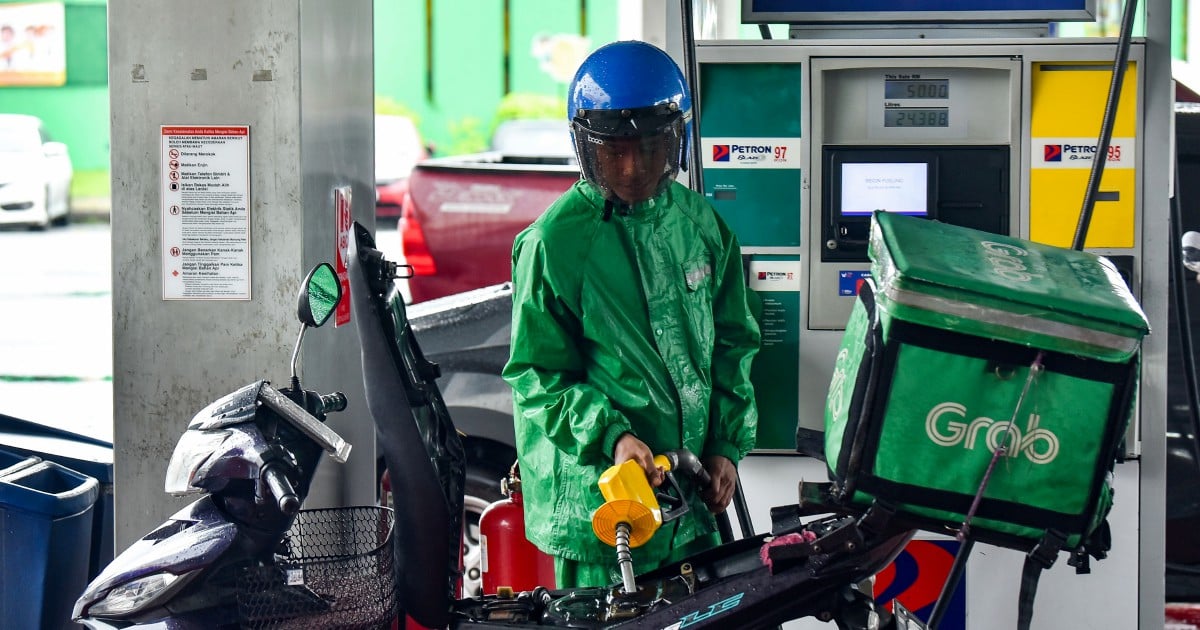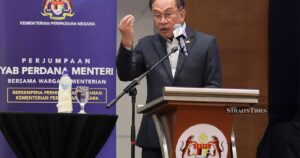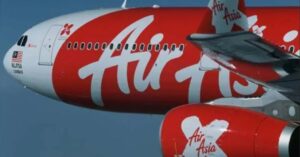KUALA LUMPUR: E-hailing drivers associations say the government’s move to increase the subsidised RON95 fuel quota for the group is bold, timely and reflective of conditions on the ground.
Gabungan E-Hailing Malaysia (GEM) chief activist Masrizal Mahidin said the decision showed that the government was listening to the voices of the e-hailing community and recognised its role in driving the people’s economy.
“However, GEM believes the implementation of the Budi Madani RON95 (Budi95) initiative should continue to be refined, including extending flexibility to drivers who were left out and reviewing the eligibility criteria to better reflect real conditions on the ground,” he said.
“We also urge the government to pay attention to the food and parcel delivery sector, as these workers face equally high fuel costs and they play an essential role in the digital and on-demand economy.”
The Malaysian P-Hailing Riders Association said the government should expand the Budi95 subsidy quota to 1,200 litres to reflect higher mileage needs for those operating outside the Klang Valley.
It said the subsidy should also distinguish between part-time and full-time riders, as their mileage differed significantly.
“The minimum 2,000km requirement is too high for drivers, especially part-timers. In small towns in Kedah, Perlis, Kelantan and Terengganu, many riders cannot meet this requirement,” said the association.
It also called on the government to provide updated information on the implementation plan, effective date and distribution mechanism of the expanded quota to ensure clarity among delivery riders.
Meanwhile, conventional taxi drivers said the decision to set the RON95 petrol subsidy quota at RM1.99 per litre up to 800 litres only for e-hailing and airport taxi drivers was unfair as they had to pay RM2.05 per litre and had a smaller quota.
Federal Territories and Selangor Taxi Operators Association (Perpekli) president Siti Faradilah Aslah said the same entitlement must be extended to taxis.
[[nid:1308607]]
“Taxi drivers operate under strict fare controls, licensing rules and inspection requirements,” she said.
In contrast, e-hailing platforms enjoy greater flexibility, dynamic pricing and limited government data oversight.
“Rewarding e-hailing with higher subsidies effectively punishes those who play by the rules.”
She had previously said an acceptable quota for taxi drivers who travelled 300km to 350km per day would be 800 litres.
Perpekli, which represents about 5,000 drivers under 15 companies, also urged Putrajaya to allow taxi drivers to pump RON95 petrol at RM1.99 per litre to reflect the rising living costs.
© New Straits Times Press (M) Bhd






